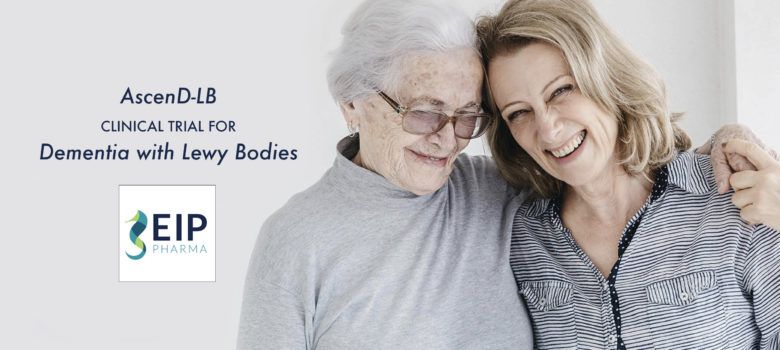

New Drug for Lewy Body Dementia Shows Promise
by Guest Author
Drug shows encouraging signs for patients of less common type of dementia. Pacific Neuroscience Institute located at Providence Saint John’s Health Center among sites for clinical trial.
SANTA MONICA, Calif., Oct. 30, 2020 — An investigational drug for the treatment of Alzheimer’s disease shows significant improvement for patients with Lewy body dementia in a clinical trial that includes participants at the Pacific Neuroscience Institute located at Providence Saint John’s Health Center.
Phase 2 Trial Results
Results of the Phase 2 trial, with sites across the U.S. and in the Netherlands, will be presented Nov. 7 at the annual Clinical Trials in Alzheimer’s disease meeting. Lewy body dementia, like Alzheimer’s is a cognitive disorder but unlike that more common type of dementia is related to Parkinson’s disease with symptoms that include tremors, gait issues, and hallucinations.
Participants in the trial have been diagnosed with mild to moderate cognitive deficits associated with Lewy body dementia (also called dementia with Lewy bodies). As there are no approved treatments for this condition, patients often are given drugs for Parkinson’s, but the medication is not as effective, said Melita Petrossian, MD, director of PNI’s Pacific Movement Disorders Center and a member of the medical team conducting the 21-week Phase 2 double-blind, placebo-controlled trial.
Neflamapimod Shows Encouraging Results for Lewy Body Dementia
It appears the drug neflamapimod, which was studied for the treatment of rheumatoid arthritis, reduces inflammation in the brain and spurs the formation of connections between brain cells. Patients involved in the trial were those who exhibited mild to moderate symptoms. Results, Dr. Petrossian said, are “very encouraging” and some patients asked to continue using the drug after the trial period ended.
Fifteen to 20 percent of those suffering dementia are diagnosed with Lewy body dementia-like syndromes. Aside from memory deficits and Parkinson’s-like symptoms, patients may suffer sleep disturbances and hallucinations. Patients live an average of just four to seven years after diagnosis.
In November 2019, the Food and Drug Administration granted fast-track designation to investigation of neflamapimod to treat Lewy body dementia. As yet, no drugs have been approved by the FDA for treatment of the disease.
The trial called AscenD-LB, is sponsored by EIP Pharma and involved patients 55 years and older. They were given neflamapimod orally two to three times daily for approximately 16 weeks.
EIP Pharma plans to continue into a Phase 3 trial of the drug. For more information, contact EIP Pharma.
*** Update 02/16/21: The phase 2 trial was a success and has ended. We will update our information when we hear about the upcoming Phase 3 trial.***
About Dr. Melita Petrossian

Melita Petrossian, MD, is Director of Pacific Movement Disorders Center and is a fellowship-trained neurologist with clinical interests and expertise in movement disorders such as Parkinson’s disease, essential tremor, dystonia, gait disorders, ataxia, myoclonus, blepharospasm, hemifacial spasm, Meige syndrome, spasticity, tics, and Tourette’s syndrome.
She also specializes in Parkinson’s-related conditions such as Dementia with Lewy Bodies, progressive supranuclear palsy, multiple system atrophy, corticobasal degeneration, primary freezing of gait, and Parkinson’s disease dementia.
Related article
Important Lewy Body Dementia Trial
Written by Patricia Aidem
Pat Aidem is the director of public relations for Providence Southern California.
Last updated: February 16th, 2021